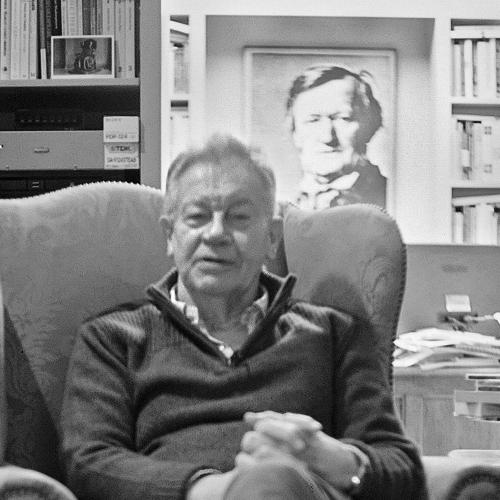COMPOSERS: Anton Bruckner
LABELS: ATMA
ALBUM TITLE: Bruckner
WORKS: Symphony No. 2
PERFORMER: Orchestre Métropolitain/ Yannick Nézét-Séguin
CATALOGUE NO: ACD2 2708
This symphony is one of the two that Bruckner took for Wagner’s inspection to Bayreuth; the other was the Third, which Wagner wisely chose to be dedicated to him, deeming the Second ‘not adventurous enough’. Actually it is highly adventurous, though also, like Bruckner’s other early symphonies, in some ways it is an inchoate mess, with wonderful inventions which the composer is at a loss to develop, and passages which are little more than padding. Anyone who loves the later superb works, though, will find enough premonitions in this one to make an occasional hearing worthwhile. As usual, there is a problem of widely varying editions, but the revisions that Bruckner made to it in 1877 make that version, the one recorded here, the most satisfactory.
The Montreal-based Orchestre Métropolitain is quite unlike a European orchestra, having a lean string tone and less plump brass than one would hear in either the Berlin or Vienna Philharmonics. However, under Nézét-Séguin’s sure hand, the effect is bracing and incisive; especially remarkable is the Scherzo, which is uncannily like that of the Ninth, a demonic stampede, Bruckner at his most alarming. The brass here has a ferocious cutting edge. In the slowish second movement the strings play with delicacy, often beautifully intertwined with the woodwind, and there are passages of enchantment, though they tend to peter out when Bruckner can’t decide what to do with them. The long finale is bizarre, but ends in a blaze of glory such as only Bruckner can contrive.
Michael Tanner
